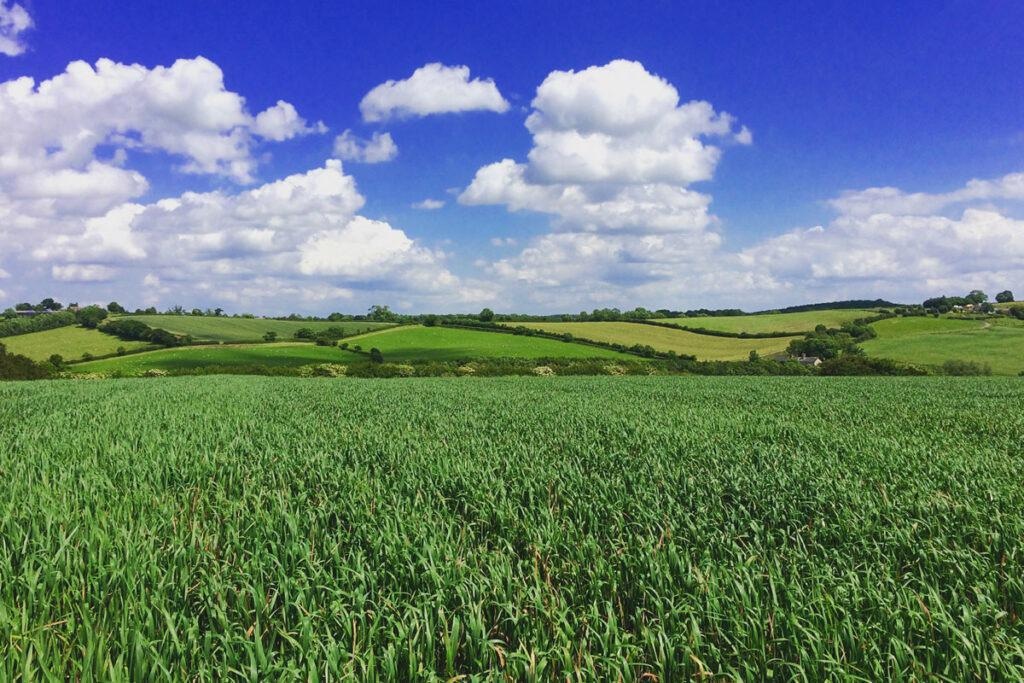NEW RESEARCH published today reveals a worrying lack of awareness around biodiversity and the critical role it plays in protecting our planet and future survival. It shows that we understand much more about the threat posed by climate change than we do about the equally important threat of biodiversity collapse.

Image Credit: working for wildlife
A YouGov survey, commissioned by nature restoration organisation Environment Bank, highlighted that only 10% of people in the UK believe biodiversity loss presents the same level of threat to our planet as climate change.
Whilst 28% of respondents believed pollution and population growth poses the biggest environmental threat to our future world, nearly a quarter (24%) thought carbon emissions were the greatest risk. Worryingly, just 34% of people in the UK believe biodiversity loss is as big a threat to us as climate change.
Professor David Hill CBE, one of the UK’s leading ecologists and biodiversity experts and chairman of Environment Bank, said: “Although it’s critical that we address the climate change emergency now, we must also recognise that biodiversity loss has already been catastrophic and represents just as significant a threat to our future as a changing climate.
“Whilst the research, encouragingly, reveals that 71% of people say they understand what biodiversity is, it’s clear that the loss of biodiversity is regarded as a lesser evil when it comes to tackling the climate emergency. However, this couldn’t be further from the truth.
“Loss of biodiversity and natural capital, unless reversed very quickly, will be a massive challenge to our own species. And no longer is it simply about protecting nature, we need to restore it at scale - and quickly.”
In the last five decades alone, the UK has lost over 60% of its biodiversity - with one of the worst records in the Western world. Whilst the intensification of agriculture has been disastrous for wildlife, development has also played a major role in this loss which is why the focus must now be on a solution where development pays properly to compensate for its impact and the money is used to invest into the natural environment. For far too long we have traded natural capital for economic capital. We need to address our relationship with ‘growth’.
Professor Hill added: “The continued simplification of the countryside and habitat fragmentation and disturbance caused by development needs to be reversed rapidly. Climate resilience is greater where ecosystems are functioning properly. But we have treated the environment as a charity case for too long. The truth is that biodiversity loss has a massive cost to us - if it has a cost it therefore has a price. And if it has a price it therefore has a value. Of course, irrespective of its importance to us humans, wildlife species and abundance is important in its own right. But we must value biodiversity - the wildlife with which we share the planet if we are to avoid irreversible impacts on ourselves and future generations. The issue is not that we can’t afford to restore nature. It is that we can’t afford not to.”
The online survey was carried out in January 2022 and conducted among 1,000 adults in the UK.